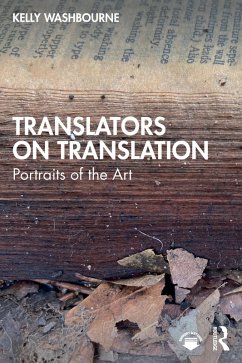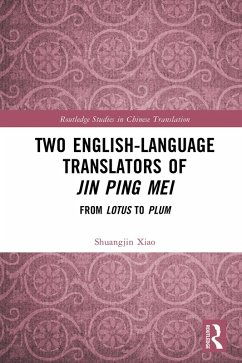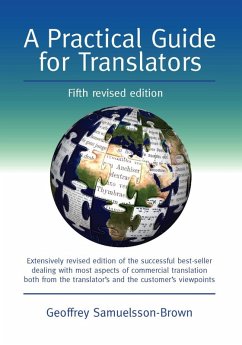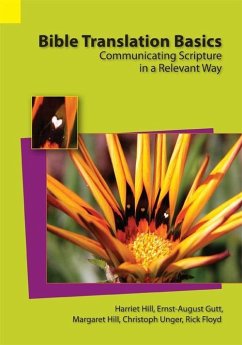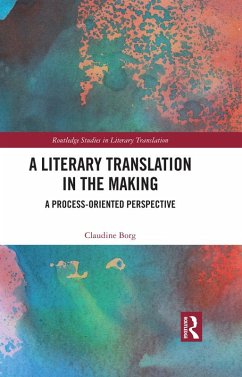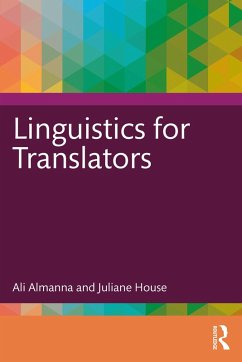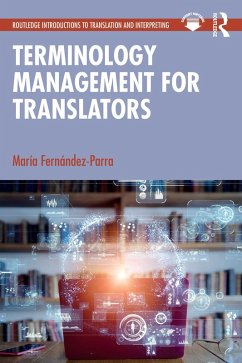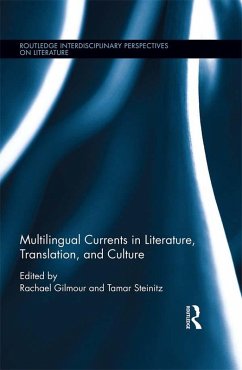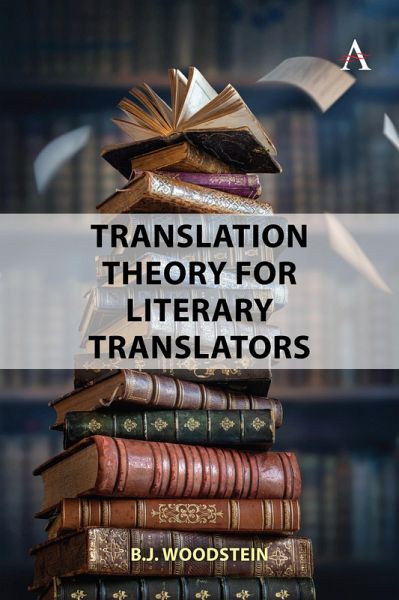
Translation Theory for Literary Translators (eBook, ePUB)
Versandkostenfrei!
Sofort per Download lieferbar
17,95 €
inkl. MwSt.
Weitere Ausgaben:

PAYBACK Punkte
9 °P sammeln!
Do translation theorists observe what translators do and develop theories based on that? Do translators gain ideas and tools from studying theories? Or does it go both ways? Or is it neither, and translation scholars are completely separated from practising translators?In my own translation practice, academic work, and teaching, I find that translation theories, far from being scary and distant from what I do as a translator on a day-to-day basis, actually provide beneficial concepts and strategies that can help me make translatorial decisions. The work of translators like me, in turn, comes t...
Do translation theorists observe what translators do and develop theories based on that? Do translators gain ideas and tools from studying theories? Or does it go both ways? Or is it neither, and translation scholars are completely separated from practising translators?
In my own translation practice, academic work, and teaching, I find that translation theories, far from being scary and distant from what I do as a translator on a day-to-day basis, actually provide beneficial concepts and strategies that can help me make translatorial decisions. The work of translators like me, in turn, comes to influence the way academics understand and write about what translators do.
I summarise a wide range of translation theories, from across different time periods and parts of the world, and I then follow this by suggesting ideas that stem from these theoretical concepts and that can be of practical use to translators.
In my own translation practice, academic work, and teaching, I find that translation theories, far from being scary and distant from what I do as a translator on a day-to-day basis, actually provide beneficial concepts and strategies that can help me make translatorial decisions. The work of translators like me, in turn, comes to influence the way academics understand and write about what translators do.
I summarise a wide range of translation theories, from across different time periods and parts of the world, and I then follow this by suggesting ideas that stem from these theoretical concepts and that can be of practical use to translators.
Dieser Download kann aus rechtlichen Gründen nur mit Rechnungsadresse in A, D ausgeliefert werden.




